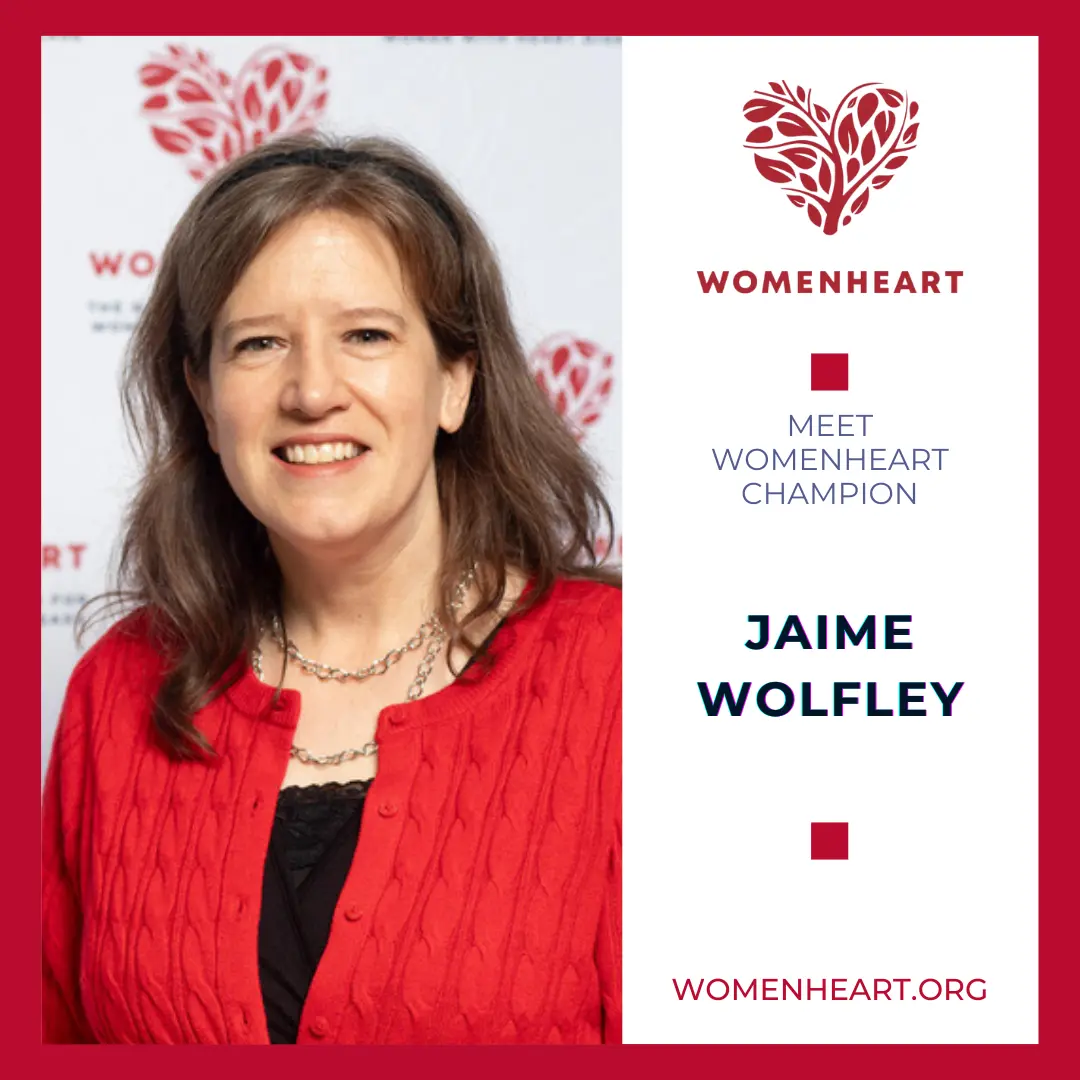As I participated in a roundtable discussion on Peripheral Artery Disease (PAD) at the American College of Cardiology conference in Orlando two weeks ago, I thought to myself how extraordinary it is that we still know so little about the condition, particularly in women, given its prevalence and the rise of diabetes in the United States. Although more than 10 million people suffer from PAD—which is closely linked to coronary artery disease (CAD) and other types of heart disease—too often we hear stories of misdiagnoses and lack of awareness. Many say that PAD—a condition in which fatty plaque builds up in the blood vessels until they become blocked—affects more women than men, often because women live longer.
 So why, in this day and age, do we still struggle to differentiate symptoms and treatments in women? The need for gender-specific care and including more women in research is stronger than ever.
So why, in this day and age, do we still struggle to differentiate symptoms and treatments in women? The need for gender-specific care and including more women in research is stronger than ever.
I know firsthand what can happen when we ignore our bodies and prolong diagnoses. I have seen it. My father suffered from PAD, and I know that family history can play a crucial role in our health. He was also a smoker and lived with diabetes, which is very common in PAD patients. I watched as he had to undergo multiple amputations as a result of this vicious disease. Ten years after his diagnosis, my brilliant father, a lawyer who argued before the Supreme Court, passed away from a heart attack.
Because of my family history, I’m aware of my risk for developing heart disease. And that’s all the more reason I’m committed to taking control of my heart health. We have to take the initiative to change the things we can control, like whether we smoke (the single most modifiable/changeable risk), what food we eat, how often we exercise, and how adamant we are about checking our blood pressure and cholesterol levels. That’s why we partnered with Burlington Stores for the seventh consecutive year and offered people nationwide free heart health screenings.
We know that knowledge is power, but too often, we wait until our numbers demand lifestyle changes. I urge all women to have a conversation with their doctor about their risk factors for PAD and heart disease. As we enter April, which is Minority Health Month, I especially urge women of color to pay close attention to their number one health risk.
Today, my story continues, and I am able to honor my father by paying attention to my own risk factors and trying to live a heart healthy life.
Mary McGowan, CEO
WomenHeart, The National Coalition for Women with Heart Disease




